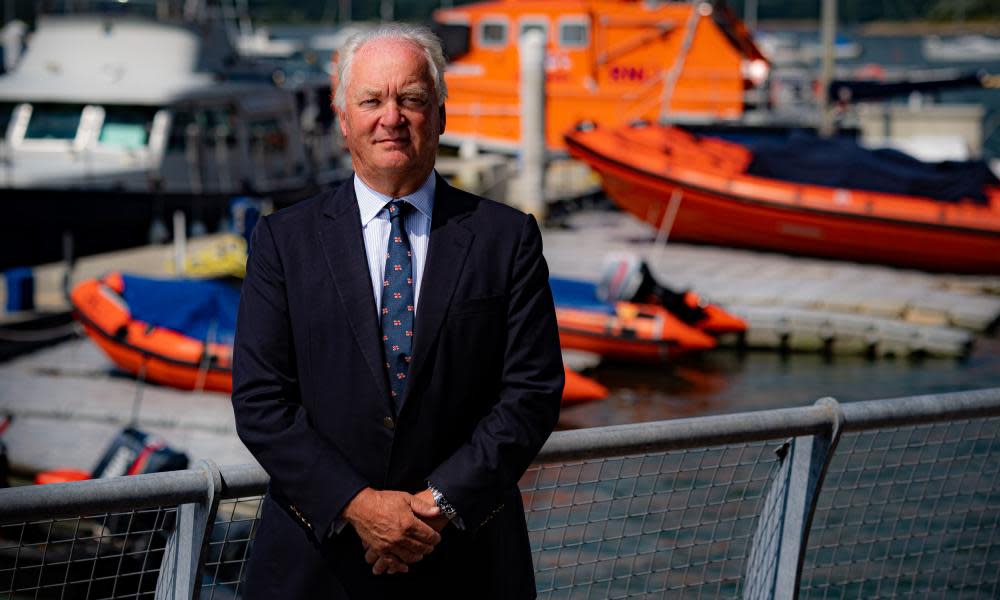The Guardian view on Channel migrants: people, not political props

Viewed from Downing Street, the problem of migrant boats crossing the Channel involves a conflict between a humanitarian obligation and political pressure for closed borders. But at sea level there is no dilemma. Once people have already taken to the water and found themselves in difficulty, politics yields to ethics and the duty to save lives.
The Royal National Lifeboat Institution is a historic embodiment of that ethos. Its volunteer mariners do not interrogate the motives that led people to the sea before fishing them out. Nor should they. The RNLI’s founding mission is to help without discrimination, and it has made clear that it will not adapt that code to satisfy political frustrations at the volume of migrants attempting entry to Britain by boat. That traffic (though far lower than elsewhere) has, inevitably, meant lifeboat crews sometimes stepping in where the coastguard has not reached imperilled vessels. Those cases account for as many as half of the RNLI’s Channel launches.
That charitable action has been denounced by the angry minority that sees every unlicensed crossing as an assault on British sovereignty. RNLI volunteers have faced abuse on social media and in person. The Institution has felt compelled to issue a statement reasserting its non-political status. That should not need saying. But there are political forces ramping up hostility to all migrants, and casting those that arrive by sea as an insidious armada. Nigel Farage, who was briefly bereft of political purpose after Brexit, has identified an opportunity to grab headlines and needle the Conservative party from the right – his favourite pastime. Mr Farage has described the RNLI as “a taxi service for illegal immigration”.
An implication of that remark is that lifeboats should only respond to some emergencies. What is to become of the rest? The alternative to being saved is being left to drown. In more mainstream Conservative circles this question tends to be evaded with reference to prevention – the need for more enforcement on the French side of the Channel, combined with a rhetorical pivot to blaming the exploitative gangs who smuggle people in vessels unfit for the voyage. It is true that organised crime networks thrive on illegal migration and that there would be fewer deaths at sea if there were fewer launches to begin with. But that is also an argument for a more humane regime that makes no claims to be a fortress, keeps legitimate routes open and processes migrants and refugees at ports. And policy is beside the point once the immediate choice is to save someone or condemn them to death by drowning.
No one expects the current government to go down the liberal route. Its proposed borders bill takes an already hardline policy in an even more punitive direction. There is not much of a gap between Priti Patel, the home secretary, and Mr Farage on these issues. That is her utility to Boris Johnson in the cabinet, guarding his right flank. For as long as that is the calculus in Downing Street, there will be no focus on the humanitarian dimension of the crisis. Mercifully, that callousness is not a fair reflection of wider society, whose values are better represented by the RNLI and its unwavering commitment to treat those in need of rescue as human beings, not political props.

 Yahoo News
Yahoo News 
